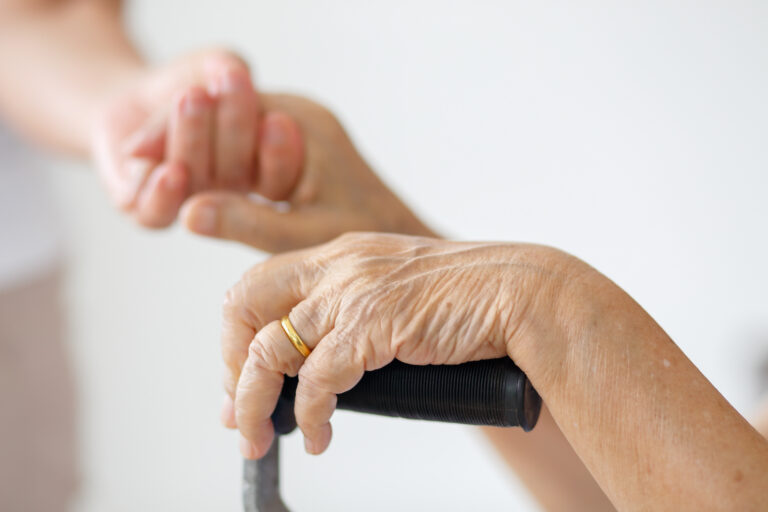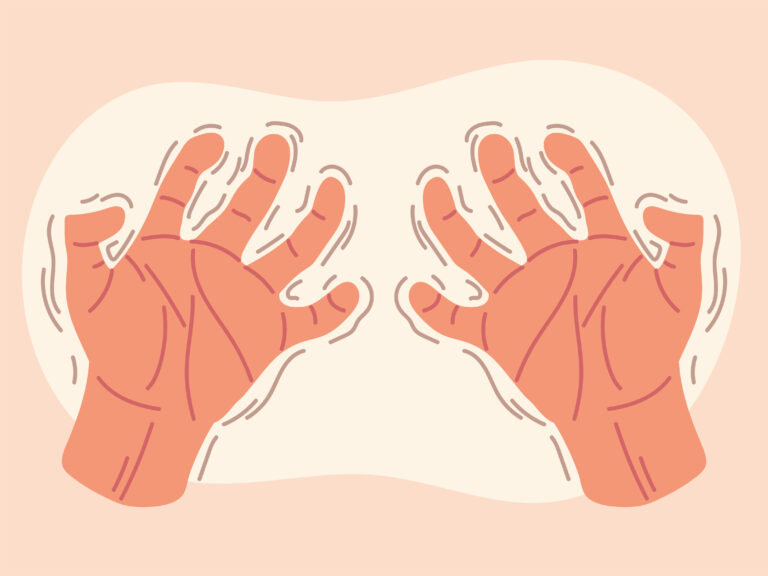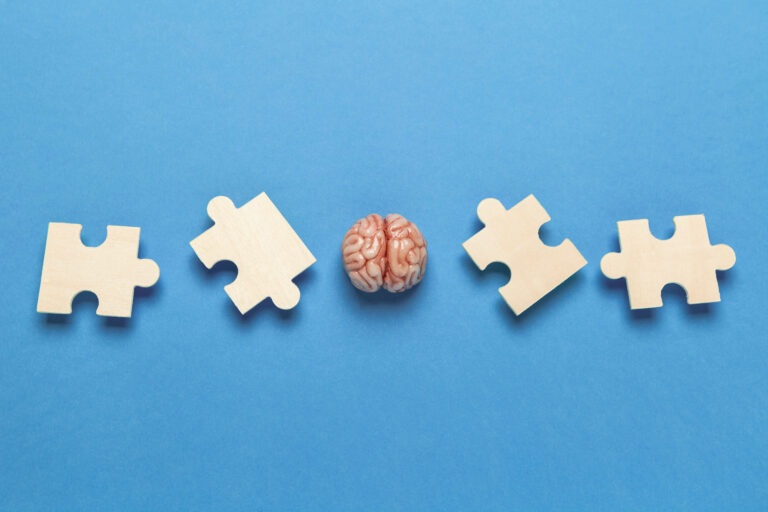Human Growth Hormone (HGH) in adults serves as a crucial regulator of multiple bodily functions, far beyond its well-known role in childhood growth. Produced by the pituitary gland, HGH influences metabolism, body composition, muscle strength, bone density, tissue repair, and even cognitive health. Its production peaks during puberty but naturally declines with age, which can lead to various physiological and psychological changes.
One of the primary functions of HGH in adults is **maintaining healthy body composition**. It promotes the synthesis of proteins, which is essential for muscle repair and growth, helping adults preserve lean muscle mass. At the same time, HGH stimulates the breakdown of stored fats by activating enzymes that convert triglycerides into fatty acids, which the body then uses for energy. This dual action supports a healthier balance between muscle and fat, contributing to better physical performance and metabolic health.
HGH also plays a vital role in **bone health**. It works closely with insulin-like growth factor-1 (IGF-1) to stimulate bone formation and increase bone density, helping to maintain skeletal strength and reduce the risk of fractures as people age. This is particularly important because bone density tends to decrease naturally over time, increasing vulnerability to osteoporosis.
Beyond physical structure, HGH supports **tissue repair and cellular regeneration**. It enhances the body’s ability to heal wounds and recover from injuries by promoting cell growth and regeneration. This function is critical for maintaining the integrity of organs and tissues throughout adult life.
Metabolically, HGH influences how the body manages energy. It helps regulate blood glucose levels by modulating insulin sensitivity, encouraging the body to use fat as a primary energy source rather than glucose. This metabolic shift can improve energy efficiency and support weight management.
In addition to these physical effects, HGH impacts **mental and cognitive functions**. Adequate levels of growth hormone are associated with better mood, mental clarity, and overall cognitive health. Conversely, a decline in HGH can contribute to symptoms such as fatigue, depression, anxiety, and reduced motivation.
As adults age, the natural decline in HGH production—sometimes called Adult Growth Hormone Deficiency (AGHD)—can lead to symptoms like decreased muscle mass, increased body fat, reduced bone density, low energy, poor sleep quality, and diminished mental sharpness. Some adults may experience psychological effects such as social withdrawal and loss of interest in activities.
Medical therapies involving HGH or its stimulators, like sermorelin, aim to restore these hormone levels to support vitality, metabolic function, and physical performance. These treatments encourage the pituitary gland to produce HGH naturally, promoting safer and more physiological benefits compared to direct synthetic HGH injections.
In summary, HGH in adults is essential for maintaining muscle and bone health, regulating metabolism, supporting tissue repair, and preserving cognitive function. Its decline with age affects many aspects of health, making it a significant hormone for adult wellness and longevity.





